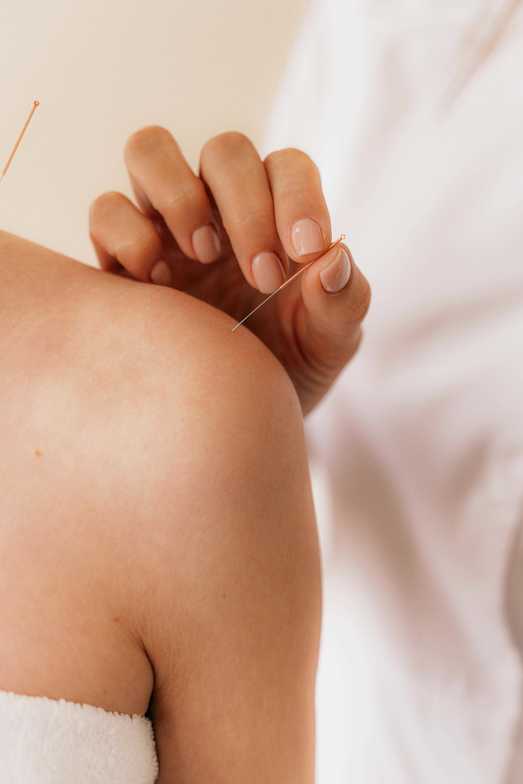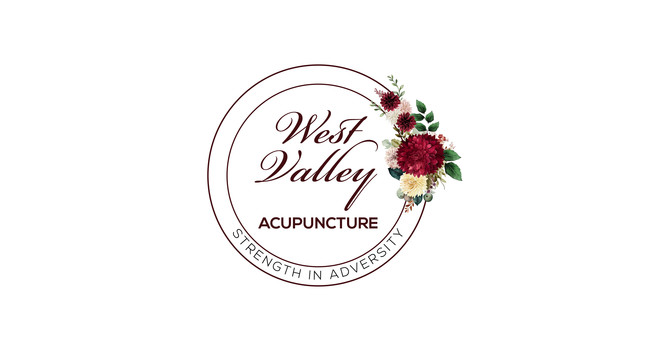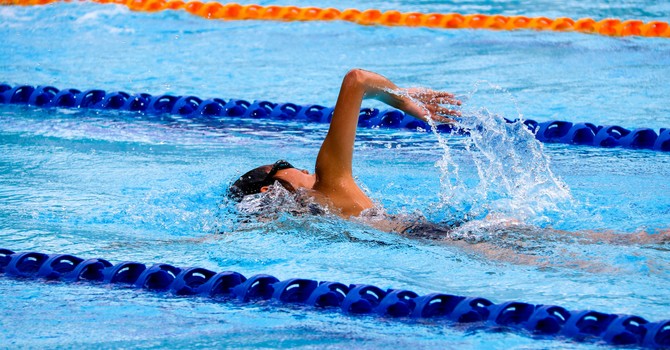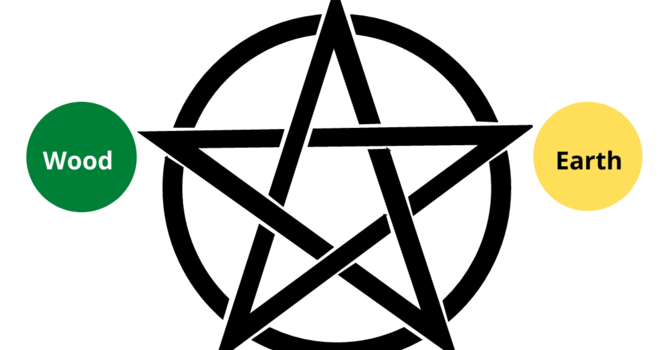
Most patients call my office seeking relief from musculoskeletal pain. Frankly, pain is what got me into my acupuncturist’s office as a fairly uninformed patient almost 40 years ago.
After a few treatments though, what I noticed was other minor health issues (which I had assumed were just part of life) suddenly started to improve. It turns out that while western medications have a long list of side effects, acupuncture has what I like to call “side benefits.”
And so here's a list of five conditions I commonly treat with acupuncture:
1) Insomnia:
Forty percent of adult Americans suffer from insomnia. Insomnia is classified as the inability to fall asleep, or the inability to stay asleep. Insomnia affects our health at deep levels. Studies show that those who do not get enough sleep are more than 1.5 times more likely to die in a car accident. Insomnia has also been linked to high blood pressure and heart disease. Medications for insomnia hold some unpleasant side effects, including drowsiness, disorientation, dizziness, headaches, depression, vomiting or diarrhea. Those with insomnia tend to drink too much caffeine to keep awake the next day after a poor night’s sleep. This creates an endless cycle of sleepless nights.
In East Asian Medicine, we say acupuncture calms the spirit to promote restful sleep. Studies have proven that acupuncture increases the relaxation response, decreases stress and anxiety, and stimulates melatonin production, all of which help to restore a normal sleep cycle. Depending on how long you’ve experienced insomnia, results may take 5-10 acupuncture sessions. If the insomnia is a more longstanding condition, it may take a little longer to fully resolve.
2) Gastroesophageal Reflux (GERD)
Allopathic physicians will usually recommend dietary changes for patients with GERD, such as eliminating coffee and alcohol and not eating late at night to prevent an backwash of acid while sleeping. More often, doctors will also prescribe medications, which can hold side effects such as headache, abdominal pain, nausea, gas, and diarrhea.
In East Asian Medicine, we also provide a specific list of dietary and lifestyle changes in the treatment of GERD. But we also seek to reverse a disrupted flow of energy in the body. There are specific directions of energic movement in the acupuncture channels. When the body falls out of balance, these energetic directions change, creating pathology. In the case of GERD, we call this pathology Rebellious Stomach Qi. The natural flow of Stomach Qi should be downward, but in this case it rebels and moves upward. Acupuncture seeks to reestablish the downward flow of Qi in the Stomach channel to alleviate symptoms. Minor cases of GERD typically resolve in a month. Moderate symptoms may take 6-12 weeks to improve.
3) Constipation
Constipation is the most commonly reported digestive complaint in America. The most common causes of constipation are a low fiber diet, dehydration, and medications including but not limited to opioids. Western doctors will typically recommend a high fiber diet and laxatives to their patients to alleviate their symptoms.
Mayo Clinic defines constipation as fewer than three bowel movements a week; however, in East Asian Medicine, we say the patient should move the bowels at least two times a day. Since the large intestine is one of the major organs of detox in the body, moving the bowels regularly is imperative for good health.
How does acupuncture help with constipation, you might wonder? Acupuncture promotes the movement of Qi in the channels. There are specific acupuncture points that stimulate muscle contraction in the intestines. These contractions are called peristalsis and is what stimulates the bowels to move. A 2017 study showed that acupuncture with electro-stimulation was almost as effective for constipation as medication, but held fewer side effects, causing study participants to be more satisfied with the results of acupuncture over medication.
Acupuncture can alleviate constipation fairly immediately in mild cases. More moderate cases can take up to two months, depending on the patient’s age and pattern complexity. More longstanding conditions may take longer.
4) Hot flashes and night sweats
Often associated with menopause and natural aging in women, hot flashes and night sweats are not life threatening, but they certainly impact the quality of life for those who experience them. They also affect men as well as women.
Night sweats impact restful sleep. Hot flashes are unpleasant and embarrassing for those who experience them by day. Additionally, hot flashes and night sweats can be side effects of medications, including chemotherapy.
Since these symptoms are not life threatening, most patients are told to deal with their night sweats or hot flashes and just avoid triggers like caffeine, alcohol, or stress. Some are given hormone therapy.
Acupuncture treats night sweats and hot flashes by restoring the cooling factor (Yin) in the body. When we experience hot flashes or night sweats, it is because this Yin energy has declined through stress or the aging process. We feel warm not because we have too much heat in our bodies, but because we don’t have enough cool to offset our normal level of heat. Acupuncture sets out to restore the level Yin in the body. We do this with not only needles, but with moxibustion, which is an herb (mugwart) burned over specific points. A 2016 study showed that over one third of patients who sought acupuncture for hot flashes and night sweats experienced relief of symptoms. Depending on stress levels and pattern, results can be achieved in as few as five weeks.
5) Anxiety and Depression
We only need to scan our current headlines to realize that depression and anxiety are challenges in our society. Western Medicine offers mostly pharmaceutical options for these conditions. And in the case of severe mental health disorders, medication is a valued intervention. However, long term use of these medications in mild to moderate cases of anxiety and depression has been debated. These medications have unpleasant side effects, including weight gain, nausea, diarrhea, headaches, dry mouth, insomnia, loss of libido and sexual dysfunction, fatigue, and even suicidal thoughts.
According to the Anxiety and Depression Association of America, generalized anxiety has been reported by 6.8 million adult Americans. And an episode of depression with severe impairment has been reported by 14.8 million adult Americans. Rates of depression were higher in young adults aged 18-29.
Acupuncture is an effective and accepted alternative treatment for various mood disorders, including anxiety and depression. Research proves that acupuncture works by stimulating the release of endorphins, hormones which decrease pain and enhance our mood and sense of well-being.
Please reach out with any questions you have about how acupuncture can help you with these five conditions or any other conditions you may be struggling with.
Maria Mandarino
Contact Me


